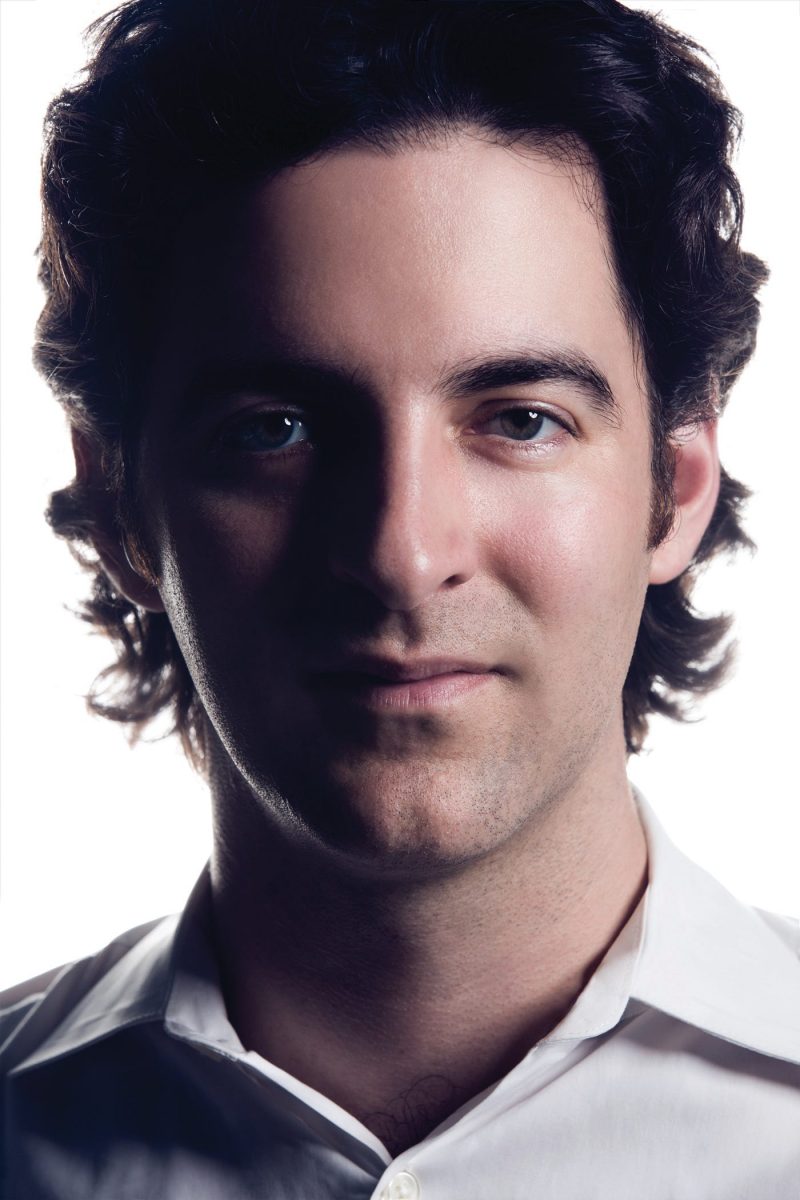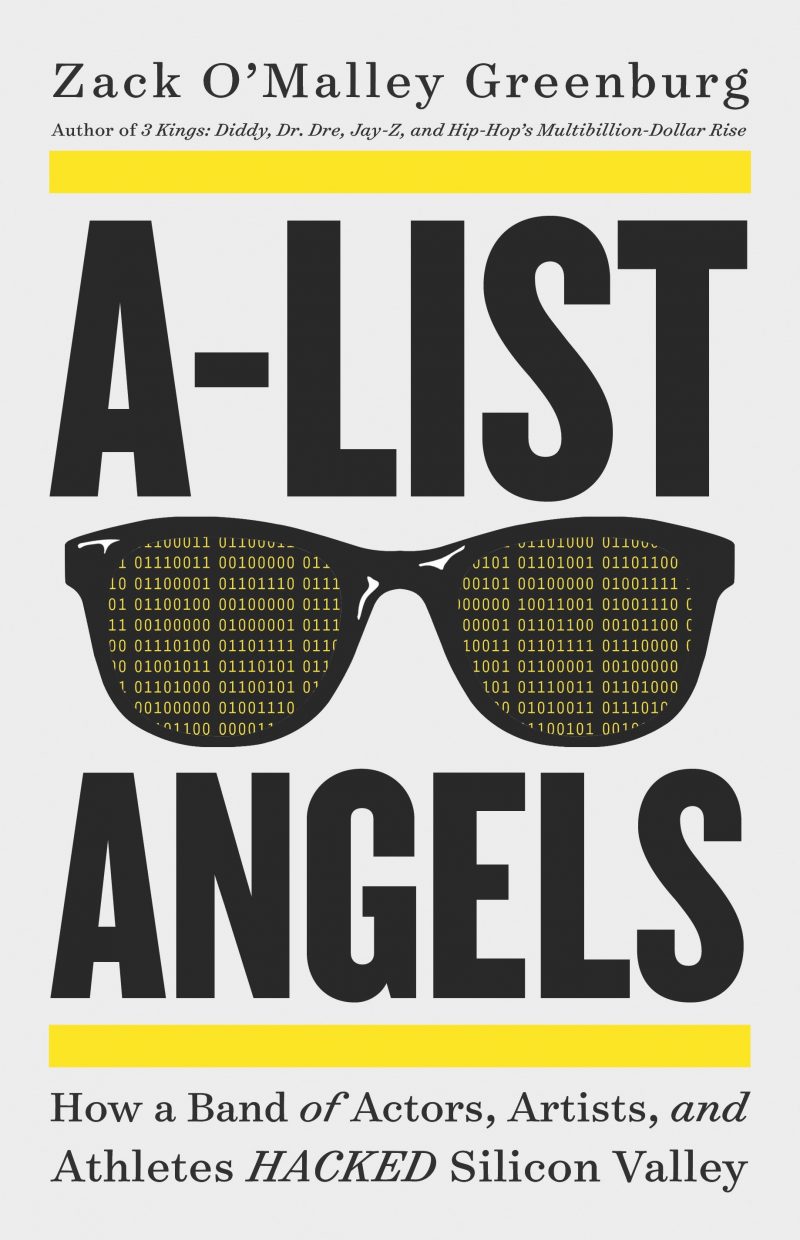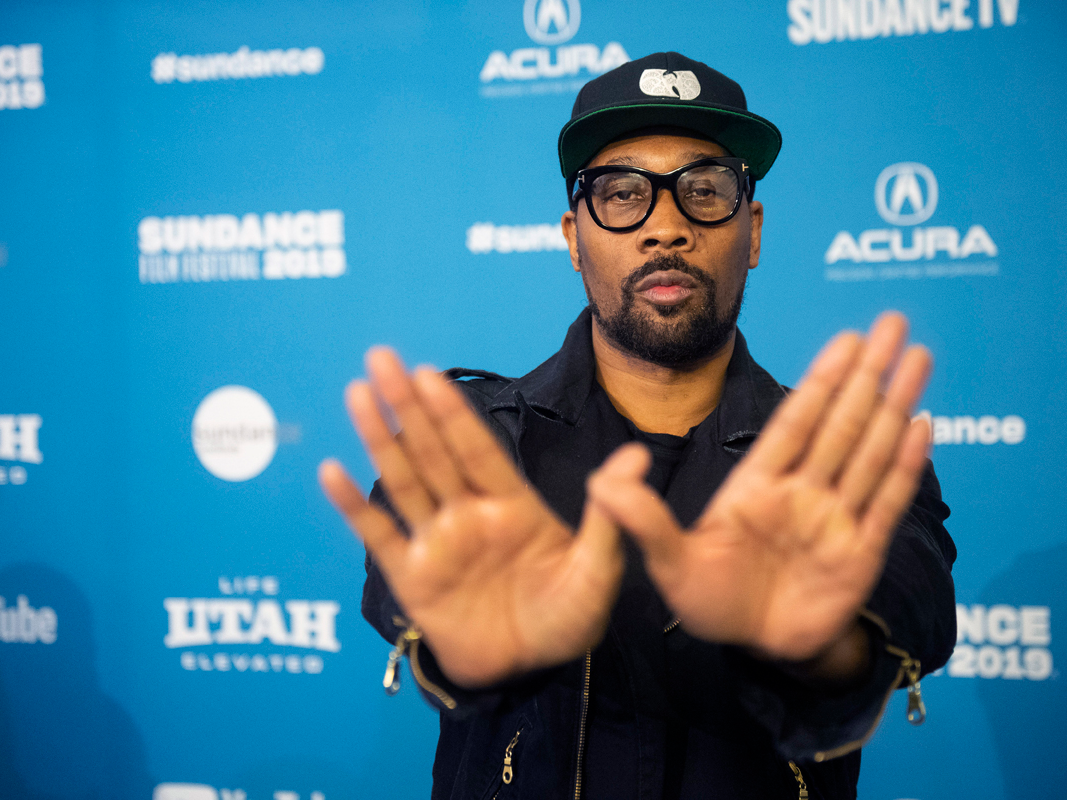- Zack O’Malley Greenburg is the author of “3 Kings,” “Empire State of Mind,” and “Michael Jackson, Inc.”
- The following is an excerpt from his new book, “A-LIST ANGELS: How a Band of Actors, Artists, and Athletes Hacked Silicon Valley.”
- In it, he tells the tale of Wu-Tang Clan cofounder Robert “RZA” Diggs venturing into the world of investing.
- RZA worked with entrepreneur Brian Zisk to create a version of Zisk’s ChessPark called WuChess, where members were told they could play online chess with members of the Wu-Tang Clan.
- But the subscriber base was small, and RZA didn’t show up to play chess; eventually, the site was sold for a small sum.
- Visit Business Insider’s homepage for more stories.
As the great thaw in relations between Hollywood and Silicon Valley continued, celebrity investors started popping up like wildflowers after the spring retreat of an alpine glacier. And perhaps one of the best fits to unite the two sides, at least in terms of nomenclature, was Wu-Tang Clan cofounder Robert “RZA” Diggs, a man of many monikers who often went by the name Bobby Digital.
He’d grown up in hip-hop, a genre founded on a sort of technology: the turntable, which enabled early DJs to extend the most danceable parts, or breaks, of popular songs. Whether it was “b-boys” or “b-girls” showing their skills during these interludes or emcees laying verses, this advancement paved the way for the foundation of the genre that’s now America’s most consumed form of music. More recently, digital samplers have further streamlined the process, both in live shows and in the studio. As RZA points out, producers like him no longer have to use a razor blade to cut apart analog tape and paste it back together. He sees technology and music as eternally intertwined.

“I was Bobby Digital, so I always felt that the digital world was something that we needed to be involved with, or I needed to be involved with in some capacity,” he says. “Fortunately, sometimes I don’t fit my own money into things. I bring a value with my personality.”
RZA - who owns a piece of startups from tech-first instrument maker Roli to wedding planning and registry company Zola - started dabbling in the space around the same time as Kutcher, though with considerably less fanfare. His introduction came in the form of a project known as WuChess.
On the other side of the deal was Brian Zisk, a free-spirited entrepreneur partial to Hawaiian shirts who splits his time between Maui and San Francisco. He got his start by founding an internet streaming radio company around the same time Napster popped up but managed to sell before it became a legal headache. With his windfall, Zisk eventually started the SF MusicTech Fund and, later, a series of conferences with the same name. One of his investments was ChessPark, a site he cofounded that enabled users to play against a computer, other people, or even celebrities in the chess world.
RZA had grown up poor on Staten Island, but two of the things that opened his eyes to the broader world were martial arts and chess. He learned chess at age 11 from a girl he claims also took his virginity; throughout his adolescence, he says he engaged in more of the latter sort of one-on-one play, in part because his family couldn't afford a chess set. His hobbies inspired the name of the Wu-Tang Clan and its songs, from kung-fu-inspired "Da Mystery of Chessboxin' " (1993) to the group's much-discussed lone-copy album The Wu: Once Upon a Time in Shaolin (2014). So when RZA heard about ChessPark, he was eager to collaborate with Zisk's company.
"RZA was like, 'Okay, yeah, I wanna do tech,' " Zisk recalls. "Well, okay great. 'What do you have to add?' He was like, 'We should do this project together.' Which would entail a lot of work and a lot of money on our side. And I was like, 'I've seen this movie, let's not do it.' "
But the idea they spawned was enticing: WuChess, a web portal that used the framework of ChessPark to create a Wu-Tang-themed site. Rooks and knights could be made to look like different members of the group. And Wu-Tang's millions of fans could play chess against each other, or even versus RZA, who received a sizable chunk of the outfit in exchange for his association.
WuChess launched in June 2008 with 5,000 fans preregistered and mere hundreds paying the annual $48 membership fee up front. With support from organizations like the Hiphop Chess Federation, which aimed to empower youth through the connection between hip-hop and martial arts - and the allure of playing against actual Wu-Tang members - WuChess claimed its ranks would soon soar. But early reports criticized the site for spotty levels of competition, due largely to its relatively small subscriber base.

To complicate matters further, RZA didn't show up on the site to play chess, and subscribers started asking questions. Days went by, and still no RZA. Zisk suggested that the hip-hop star delegate the task to an associate who could serve as a proxy RZA. That didn't elicit a response, either. Was RZA too busy with other projects, or could it be that he feared losing a public chess match?
"That's what we came to the conclusion of," says Zisk. "From our side, we couldn't figure out any reason why he wasn't going on except, I mean, that's Occam's razor, that's the most obvious thing, so it's probably true. But is it? I don't actually know."
The site eventually faded away, and Zisk got burned; RZA simply lost equity he hadn't paid for. When asked what had transpired, Bobby Digital offered a slightly different explanation. "Something sloppy happened from my side of the table," he says. "I think somebody in my camp did some ghetto s--- ... I just remember somebody on my camp doing something really stupid, and it really was embarrassing."
Zisk and his colleagues eventually sold ChessPark to Chess.com for a modest sum. "It was one of those things where everyone goes, 'Woohoo, exit!'" says Zisk. "But it doesn't really do anything." Ultimately, he learned a lesson that would prove valuable to entrepreneurs and venture capitalists looking to do business with celebrities: "Make damn sure it's in the contract that if they don't do what they're supposed to that they don't get compensated."
At the same time, RZA also got a taste of the issues that can spring up on the entertainer side while investing in startups. "In these two worlds, as they cross-pollinate," he says, "the people gotta be able to cross-pollinate as well."
Excerpted from the book A-LIST ANGELS by Zack O'Malley Greenburg. Copyright © 2020 by Zack O'Malley Greenburg. Reprinted with permission of Little, Brown and Company. All rights reserved.

